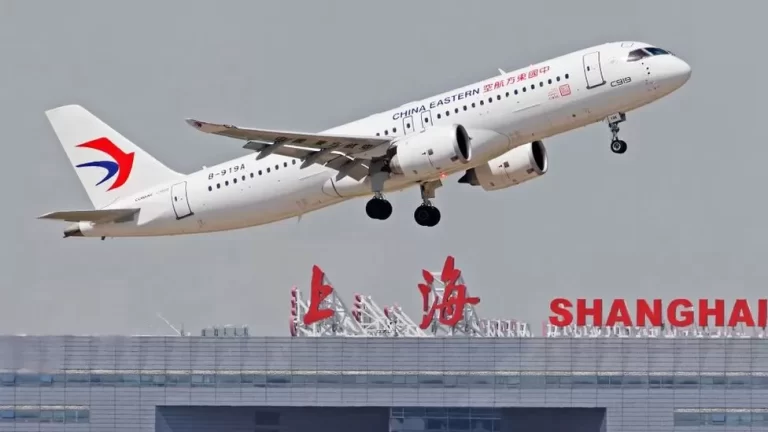Canada has been left out as China lifted a restrictions on group tours to multiple countries, including the US and the UK.
It suggests a deterioration of relations following Canada's recent accusations that Beijing meddled in its politics. Chinese officials said Canada was excluded over the foreign interference claims. It could have a significant impact on Canada's tourism industry.
Chinese tourists were estimated to have injected over C$1bn (£580m;$740m) into the Canadian economy annually in years prior to the Covid pandemic. China's Ministry of Culture and Tourism regulates which countries Chinese tour operators can visit, saying it's done to safeguard citizens travelling abroad.
But it has also been viewed as a political tool to advance China's political agenda overseas.
Last week, China added 78 countries to its list of approved destinations for group tours, excluding Canada while adding other major G20 countries like the US, Germany, Australia, and South Korea. There are currently 138 countries on the list.
In a statement, China's embassy in Ottawa said it was concerned that “the Canadian side has repeatedly hyped up the so-called ‘Chinese interference'”.
Beijing is focused on “protecting the safety and legitimate rights of overseas Chinese citizens and wishes they can travel in a safe and friendly environment”, the statement said.
Diplomatic relations between the two countries deteriorated rapidly earlier this year. It happened amid a series of leaks to Canadian media of reports from domestic intelligence agencies that laid out accusations that China meddled in recent federal elections.
Canada has also accused Beijing of trying to intimidate Conservative member of parliament Michael Chong and waging a disinformation campaign against him on the popular Chinese messaging app WeChat.
Chinese diplomat Zhao Wei was expelled from Canada in May over some of the allegations. In a tit-for-tat move, China expelled Jennifer Lynn Lalonde, Canada's diplomat in its Shanghai consulate. The BBC has reached out to Global Affairs Canada for comment on the tourism snub.
Destination Canada, which promotes tourism in the country, told broadcaster CBC that China accounts for the largest source of tourist arrivals from the Asia-Pacific region. It is also its second-largest long-haul market after the UK.
More than 700,000 Chinese tourists travelled to Canada in 2018, according to a 2021 report by the Canada China Business Council, with each visitor spending an average of C$2,600.
At the time, the business group warned that bilateral tensions made the future of Chinese tourism to Canada “uncertain”, noting that “comments made by Chinese officials alluded to the contingency of Chinese tourism on positive relations”.
Group tours from China to Canada were first approved in 2010, and it boosted air travel and tourism between the two countries. In 2018, bilateral relations suffered a set back when Huawei executive Meng Wanzhou was detained in Canada at the request of the US.
Two Canadians were arrested in China not long after, in a move viewed by Canada and its allies as “hostage diplomacy”. The number of tourists to Canada from China fell in 2019, according to the Canada China Business Council.
Ms Meng and both men were released in 2021. after the Huawei executive came to a deal with US prosecutors. China began easing pandemic travel restrictions for both visitors and its citizens early this year.
— CutC by bbc.com


